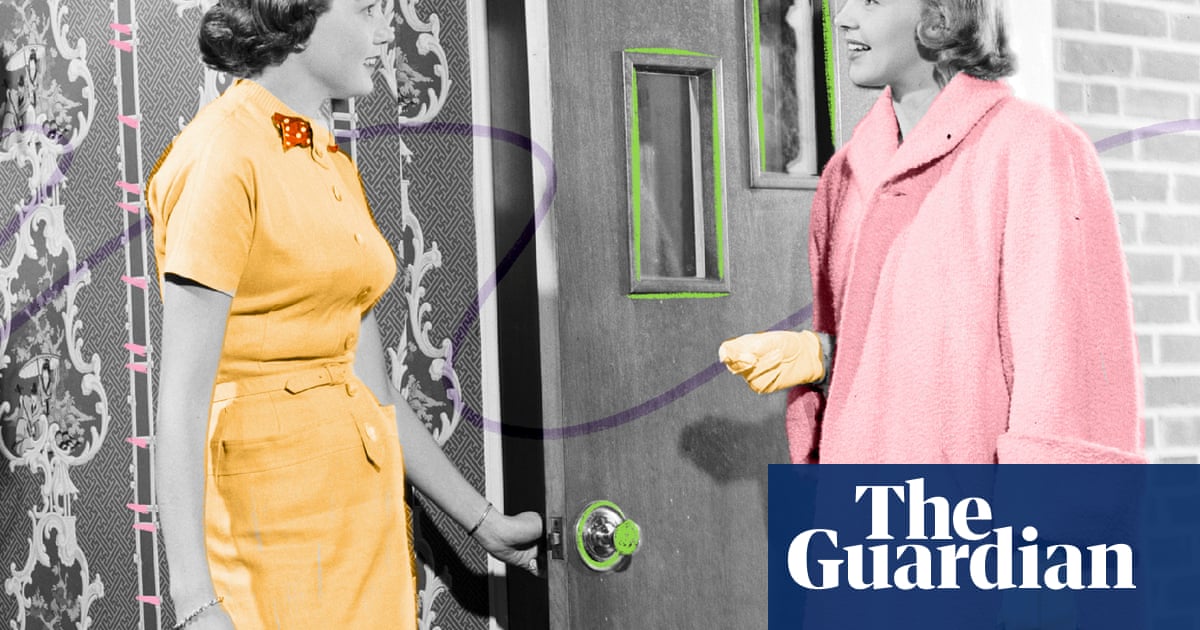Iwas visiting the US as a 23-year-old with my mother and her sister. On a whim, the three of us decided to road trip across the border to Vancouver to catch the tail end of the city’s 1986 World Expo. We assumed we’d be able to find accommodation when we got there – and we were wrong.
With no mobile phones or Google to guide us, we traipsed from one hotel to the next, before the inefficiency of such a tactic dawned on us and we headed for Vancouver’s visitor centre. I remember the centre being busy, packed with other panicked accommodation hunters, and close to shutting up shop for the day. But there was a lovely woman who made it her mission to help us, tirelessly telephoning every accommodation provider she could think of – motel, hotel, bed and breakfast, caravan park – all without success.
Just as we were wondering if we were going to have to sleep in the car, she told us the office had a list of Vancouver residents the centre could contact for emergency accommodation. I don’t know how many people she called, but this wonderful woman finally triumphed and told us she’d found us a place to stay at someone’s home. She gave us the directions and sent us on our way.
When we arrived it was getting dark, but we could see it was a lovely house on a lush, tree-lined avenue. We all felt a collective sense of relief, coupled with a degree of apprehension about who our hosts might be. Our anxiety dissipated the moment they welcomed us at the door, ushering us in and asking if we were hungry. They told us they’d prepared dinner. I can’t remember their names, only that they were a young couple who welcomed us in without knowing anything about us.
They must have sized us up over dinner and, after the meal, dropped a bombshell. They said, well, unfortunately they were going away on holiday the next day. My initial instinct was panic – I thought, oh no, we’re going to have to find somewhere else to stay in the morning. But then they told us we could stay on without them for the remainder of our time in Vancouver. They told us to have a great holiday, treat the house as our own and just leave the keys on the hallway table on the way out. They didn’t want any money from us to stay there – they were just kind people doing their civic duty.
If I was in their shoes, I’m not sure I would entrust the care of my home to three people I’d only just met. But I’m glad they did and I have never forgotten the couple. They went out of their way to help us when they didn’t have to. That generosity of spirit is what, I think, makes us human.
Your contact details are helpful so we can contact you for more information. They will only be seen by the Guardian.
Your contact details are helpful so we can contact you for more information. They will only be seen by the Guardian.
If you’re having trouble using the form clickhere.Read terms of servicehereand privacy policyhere
